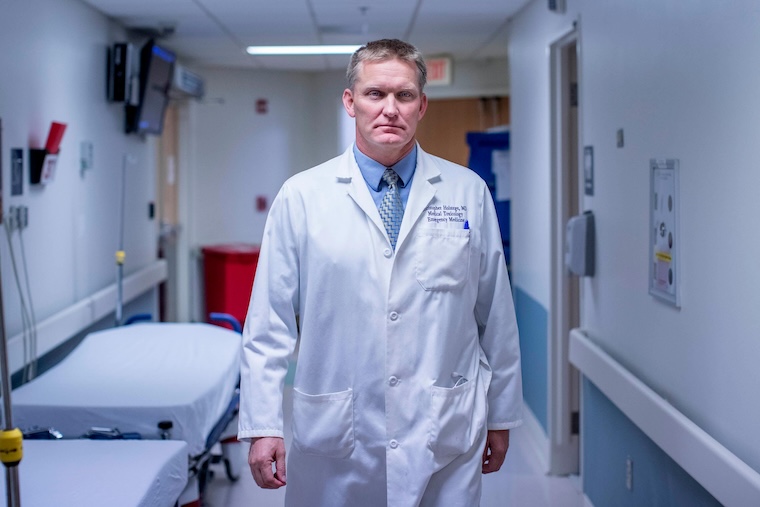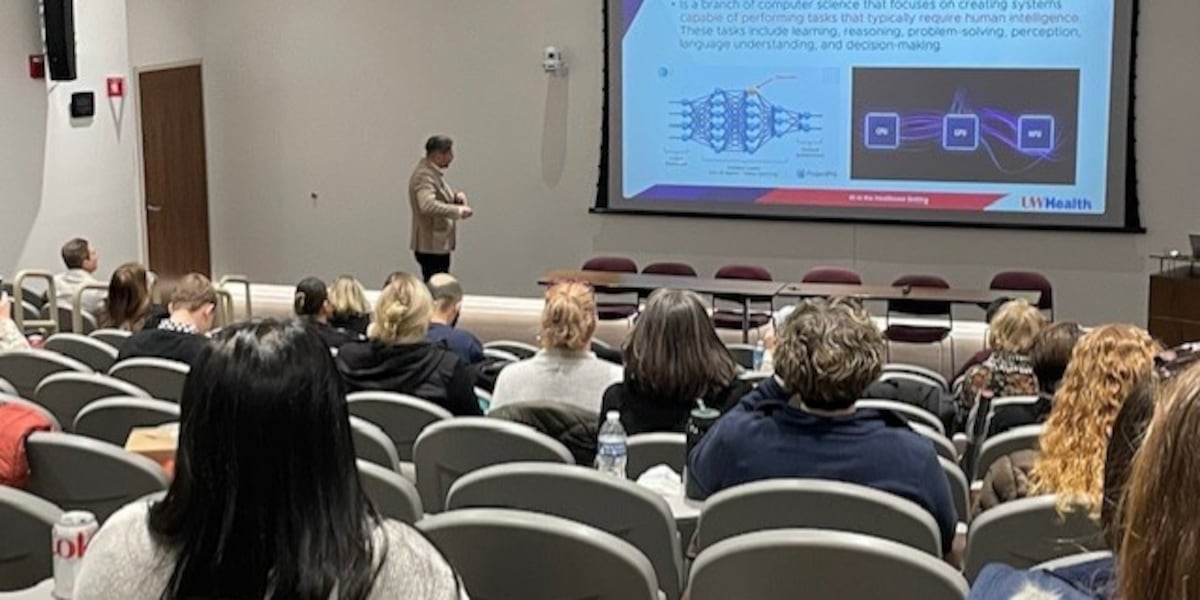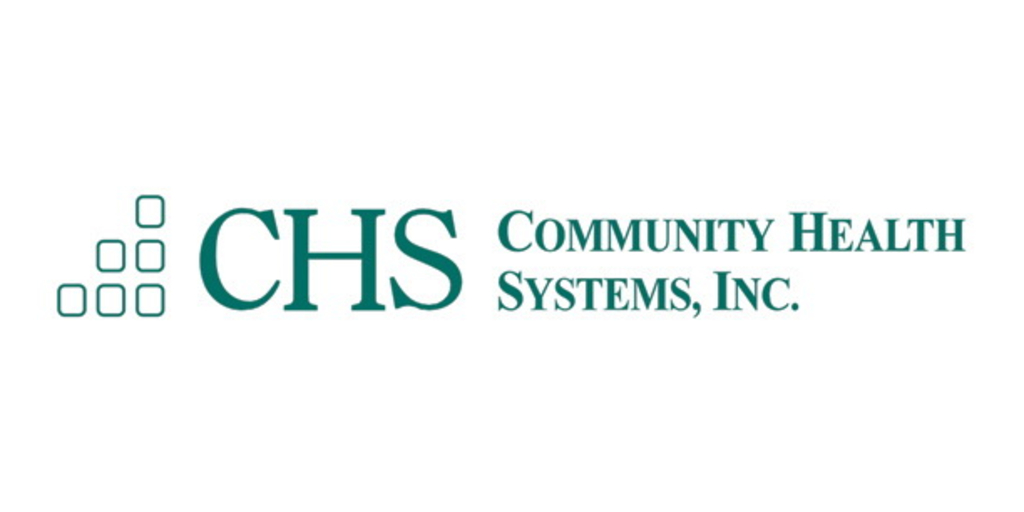Silent Danger: Why Your Vitamin A Supplement Could Be Putting Your Health at Risk
Health
2025-04-03 12:27:41Content

As measles cases spike across multiple U.S. regions, a dangerous trend is emerging: individuals are dangerously overdosing on vitamin A in response to misinformation circulating online. Health experts are warning the public about the risks of self-medicating based on unverified health claims.
The recent measles outbreaks have sparked panic among some communities, leading people to consume excessive amounts of vitamin A in a misguided attempt to prevent or treat the disease. While vitamin A plays a crucial role in immune function, consuming it in extremely high doses can be toxic and potentially life-threatening.
Medical professionals emphasize that the most effective protection against measles is vaccination. They strongly advise against taking large vitamin A supplements without professional medical guidance. Overdosing on vitamin A can cause serious side effects, including liver damage, increased intracranial pressure, and other severe health complications.
Public health officials are working to combat the spread of misinformation and educate communities about the importance of evidence-based medical practices and the proven safety of measles vaccines.
Vitamin A Overdose: The Dangerous Consequence of Measles Misinformation
In an alarming trend sweeping across the United States, a dangerous health phenomenon is emerging that highlights the critical risks of medical misinformation. As measles cases surge in multiple regions, an unexpected and potentially life-threatening consequence has caught the attention of healthcare professionals: individuals are intentionally overdosing on vitamin A in misguided attempts to self-treat or prevent disease.When Misinformation Becomes a Public Health Hazard
The Measles Resurgence and Misguided Remedies
The recent measles outbreak has exposed a troubling undercurrent of medical misconceptions that are driving individuals to take extreme and potentially harmful actions. Healthcare experts are witnessing a disturbing trend where people, driven by fear and misinformation, are consuming excessive amounts of vitamin A, believing it to be a protective or curative measure against the viral infection. Vitamin A, while an essential nutrient crucial for immune function and overall health, becomes toxic when consumed in excessive quantities. Medical professionals warn that indiscriminate supplementation can lead to severe health complications, including liver damage, increased intracranial pressure, and potential long-term neurological consequences. The irony lies in the fact that individuals seeking to protect themselves are inadvertently putting their health at significant risk.Understanding the Dangerous Misconception
The origins of this dangerous practice can be traced to fragmented and misinterpreted medical information circulating through social media and unverified online platforms. Some individuals have misunderstood legitimate medical research about vitamin A's role in supporting immune function, transforming this scientific nuance into a dangerous oversimplification. Epidemiologists and public health experts are particularly concerned about the rapid spread of such misinformation. The ease with which unverified health claims can proliferate through digital channels has created a perfect storm of medical misconception, putting vulnerable populations at increased risk.Medical Professionals Raise Urgent Warnings
Leading healthcare institutions are launching comprehensive public awareness campaigns to combat these dangerous misconceptions. Dr. Emily Richardson, an infectious disease specialist, emphasizes the critical importance of evidence-based medical information. "Vitamin A overdose is not a solution to measles prevention or treatment," she warns. "Proper vaccination, hygiene practices, and professional medical guidance are the most effective strategies." The medical community is particularly alarmed by the potential long-term consequences of such misinformation. Each unnecessary vitamin A overdose represents not just an individual health risk, but a broader public health challenge that requires immediate and comprehensive intervention.The Complex Landscape of Nutritional Misinformation
This phenomenon reveals a broader issue in contemporary healthcare communication. The democratization of information through digital platforms has created an environment where medical advice can be easily distorted, misinterpreted, and dangerously implemented. Researchers are now studying the psychological mechanisms that drive individuals to embrace such risky health behaviors. The intersection of fear, limited scientific literacy, and the compelling nature of online narratives creates a perfect environment for misinformation to thrive and potentially cause significant harm.Protecting Public Health Through Education
Healthcare professionals and public health organizations are developing multifaceted strategies to combat medical misinformation. These efforts include targeted educational campaigns, improved digital literacy programs, and more accessible, transparent communication about medical science. The vitamin A overdose trend serves as a stark reminder of the critical importance of reliable, scientifically validated health information. As measles cases continue to challenge public health systems, the need for clear, compassionate, and evidence-based communication has never been more urgent.RELATED NEWS
Health

Breaking: Teal Health's Groundbreaking Research Proves At-Home Sample Collection Rivals Professional Testing
2025-03-18 18:10:00







